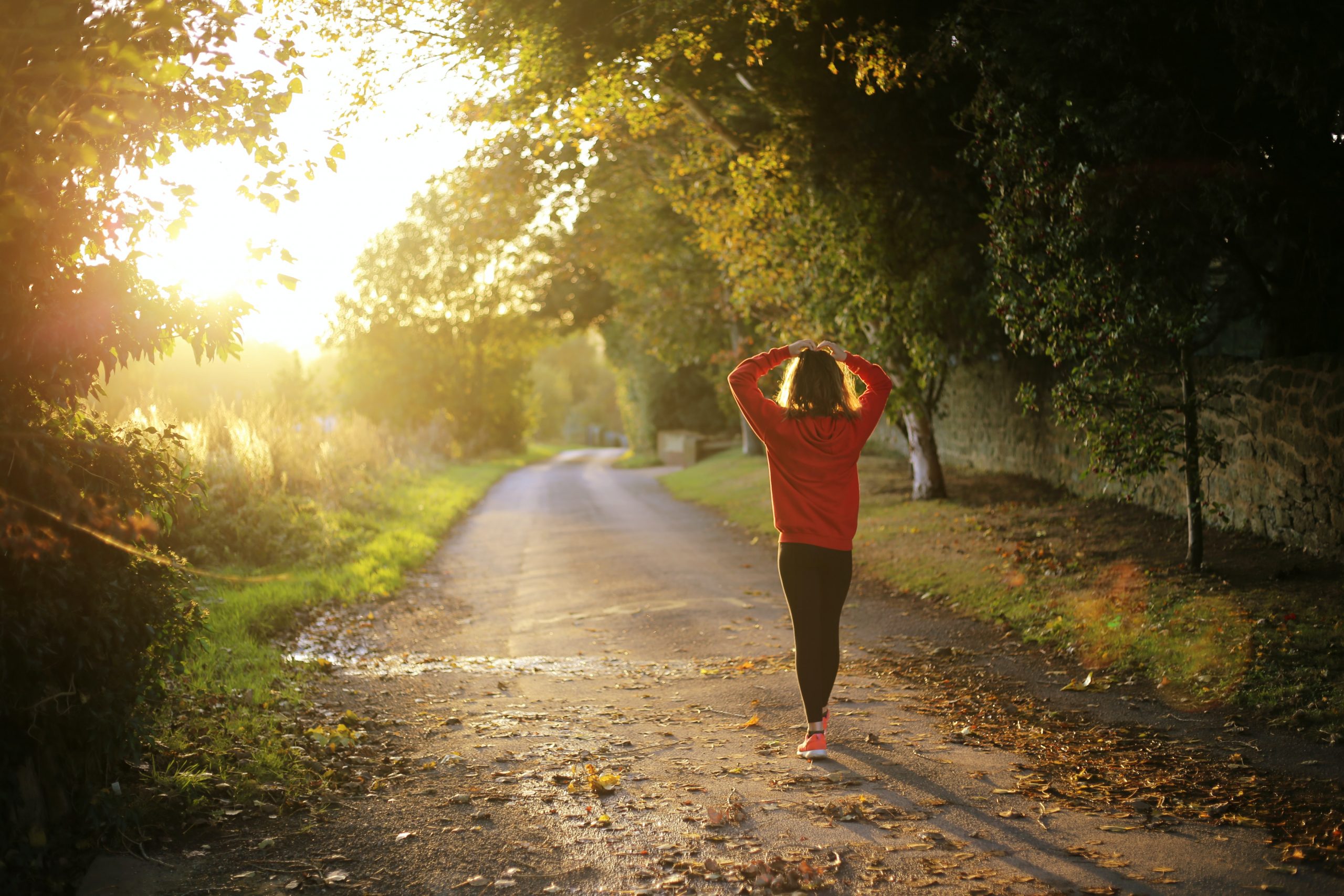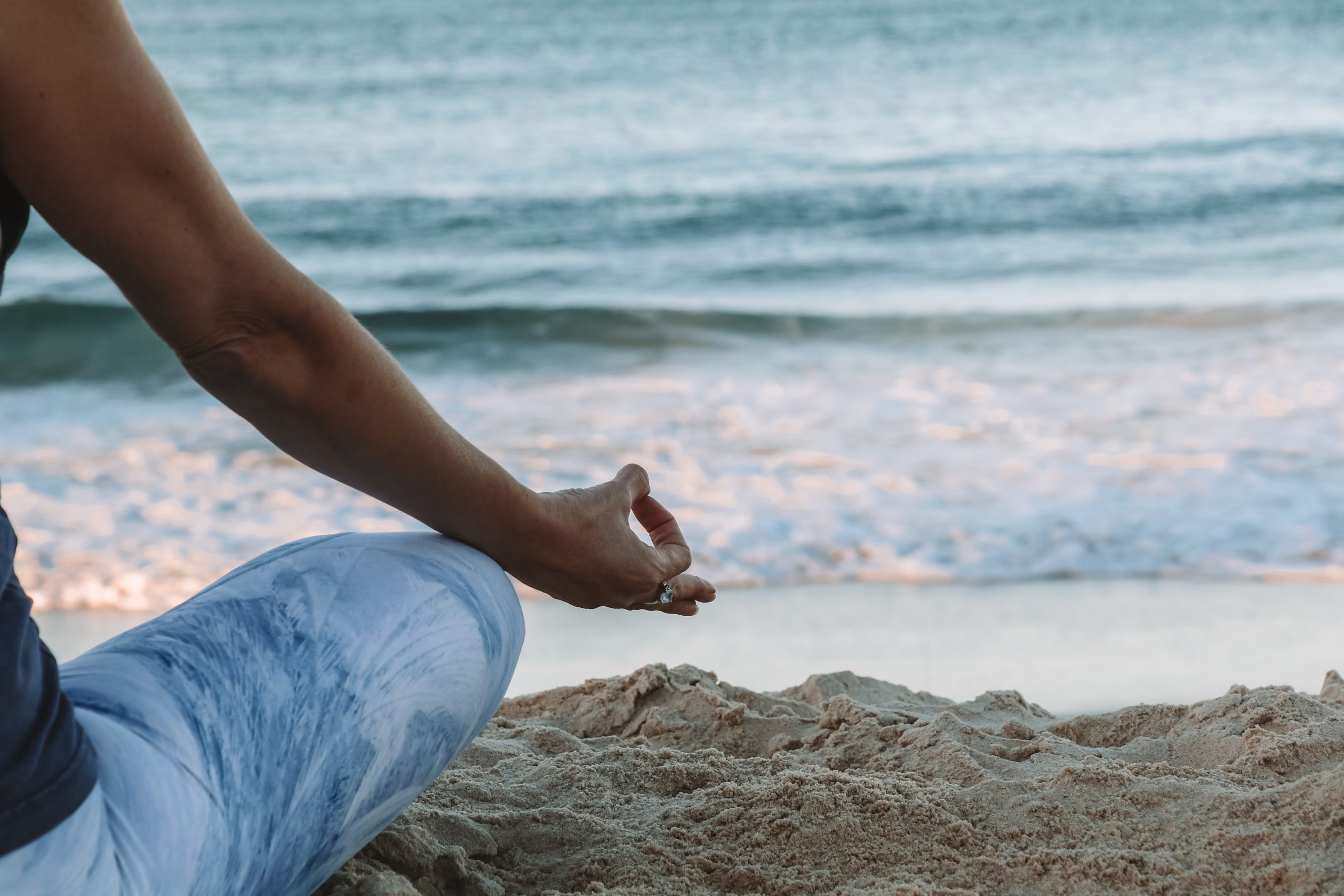
Worrying about our mental health has become the norm these days. Pandemics, lockdowns, changes to the way we work – it all builds up. The result is that we’re more stressed out and anxious as a society than ever before.
Unfortunately, all that worrying isn’t doing our skin any favours. There’s an entire branch of psychologists studying psychodermatology that can attest to that. And it’s a vicious cycle. Our mental health affects our skin, and our skin affects our mental health.
But that doesn’t mean we can’t work against it and do everything in our power to boost our minds and bodies. Though it’s important to understand the how and the why, first.
How is My Skin Linked to My Brain, Exactly?
Think about it: the skin is the body’s largest organ. It accounts for 16% of our total body weight, is the first thing to form in the womb, and helps us to sense and experience the world.
Within our skin are sweat glands, blood vessels, nerve endings and cells that are piloted by our precarious nervous and immune systems. Both of which (no surprise), are affected by our mental health.
Imagine you’re feeling embarrassed. What does your skin do?
You’ve got it – every blood vessel in the skin opens up instantaneously, and you’re blushing. That feeling of shame or foolishness is right there on your face for all to see. Perfect evidence for how closely our brains and skin are linked.
The skin is absolutely covered with sensory organs that provide us with the information we need to make sense of our environment. Our sense of touch is hugely important – as those of us who haven’t been able to hug our families since March can attest to. It helps build our feelings of connection, and that helps to develop our emotional stability. So, of course, it’s linked to our minds.
So what happens when our mental health isn’t ideal?
Stress & Your Skin
We’ve all felt stressed. Sometimes we don’t even realise it’s stress we’re feeling until we’re snapping at our loved ones and biting off our colleagues’ heads (figuratively, of course).
That’s because stress is controlled by the body’s cortisol production. Cortisol is a natural hormone that helps us have the energy to climb out of bed in the morning. It sets our circadian rhythm, and helps us to relax and fall asleep as its production lowers toward the end of the day.
It’s an amazing biological coping mechanism absorbed in receptors in almost every cell in your body. To help your body respond as it needs to, it produces more cortisol when we’re stressed.
But when the body produces too much for too long, it can cause havoc for your skin.
Because, you see, it plays out like this:
- Cortisol tells your skin to produce more sebum (oil)
- That oil then tends to clog up your pores
- This can make you more prone to breakouts and other skin problems
- If you’re already oily, this can be a nightmare, and you might be tempted to overdo your exfoliating with a heavy scrub.
Stop right there.
Unfortunately, cortisol has other unpleasant side effects. It can reduce the body’s ability to produce hyaluronic acid, which is a natural moisturiser normally produced by the skin. Without it, your skin can grow dull and get dry, itchy and inflamed. And that can lead to flare-ups of conditions like rosacea, eczema, and psoriasis in addition to acne.
Not ideal.
If that wasn’t enough, cortisol also has the added extra problem of speeding up the skin’s aging process. That, in combination with your clogged pores and sore visage, can increase wrinkles and reduce the firmness of your skin. All thanks to the reduction of your in-built anti-aging hormone, DHEA.
Of course, it doesn’t stop there, but we’re getting to our point. We promise!

Anxiety & Skin
Anxiety is fast becoming one of the most common mental health problems, and living during a global pandemic isn’t helping. So it almost goes without saying that anxiety is going to have a physical effect on your body and skin, too. In fact, more than 13% of dermatology patients also have an anxiety disorder.
Anxiety, in combination with stress, can cause chronic inflammation. It’s also been linked to the development of rashes and flare-ups of acne, psoriasis and eczema to name a few. This is because it’s a well-known trigger of the stress response.
Then there are the other unpleasant side effects of anxiety on your skin: hives, sweating and flushing, none of which are much fun. And of course, we often express our stress and anxiety in our face, which can lead to more uneven lines and forehead furrows.
… all of which don’t heal as fast, thanks to the release of cortisol, which disrupts the natural barrier of your skin and lowers your immune system.
Some patients with anxiety report hair loss, dry patches on their face and scalp, vitiligo, bumps around the nose or mouth and unpleasant rashes. The list of potential problems can seem unending.
Though we know that struggling with anxiety can be tough, we can offer a little advice on how to at least manage these issues. Working towards better mental health overall is key, and thankfully this can lead to improvements in the condition of your skin.

What You Can Do About It
First things first: all the high-end, expensive skincare in the world won’t help if your skin problems are a result of stress and anxiety.
But by treating your mental health and skin in combination, you’ll begin to see improvements. It’s all about focusing on relieving the stress in your life, and implementing a few crucial new routines and habits.
Here are a few tips to help you out:
- Don’t drop the skincare routine. Even if you’re tired, low on energy or stressed, try to set aside five minutes every day for your skin. If you can’t find it in you to stick with your usual routine of lotions and potions, keep it as basic as possible. Always remove your make-up at the end of the day. But don’t drop it all together.
- Exercise regularly. An exercise routine has been linked to improved mental health, and it’s good for your skin too. Just make sure to shower afterwards, to avoid the accumulation of sweat and dirt clogging your pores further.
- Practice self-care. You’ve likely seen that a lot, recently. But it’s true, and it works. Take some time for yourself to do something that’s entirely for you, be that ten minutes to read or some crazy dancing to your favourite tunes. Whatever you need to unwind.
- Make sure you get enough sleep. Most people only function well with seven or eight hours sleep per night. As we’ve already learned, cortisol and sleep are linked, so try to go to bed on time!
- Practice breathing techniques, yoga or meditation. These are all forms of stress management, and can help you to release negativity, clear your head and organise your thoughts.
- Remember you’re allowed to say no. You’re under no obligation to do anything, with anyone. It’s not wrong or bad to set boundaries, both when you’re stressed and when you’re not.
- Talk about it. If you’re really struggling with your mental health, look for support. Talk to someone, whether that’s a professional or a long chinwag with a friend. It helps.
Takeaways
All in all, we live in a difficult time. You can’t always control what makes you stressed, and often it can be associated with work and relationships that are difficult to get a grip on. But taking the time to practice steps that improve your mental health is key, and has an amazingly beneficial knock-on effect for your skin and body.
Even if you only pick a few of these tips to stick to, it can help bring down your stress, your anxiety and balance your mood. Once you’ve built a routine around them, try adding in a few more, if you can manage it. Bit by bit, you’ll see a difference, and your skin will improve too.
There’s no instant fix for skin or mental health, but there are steps you can take. The next part is all down to you.